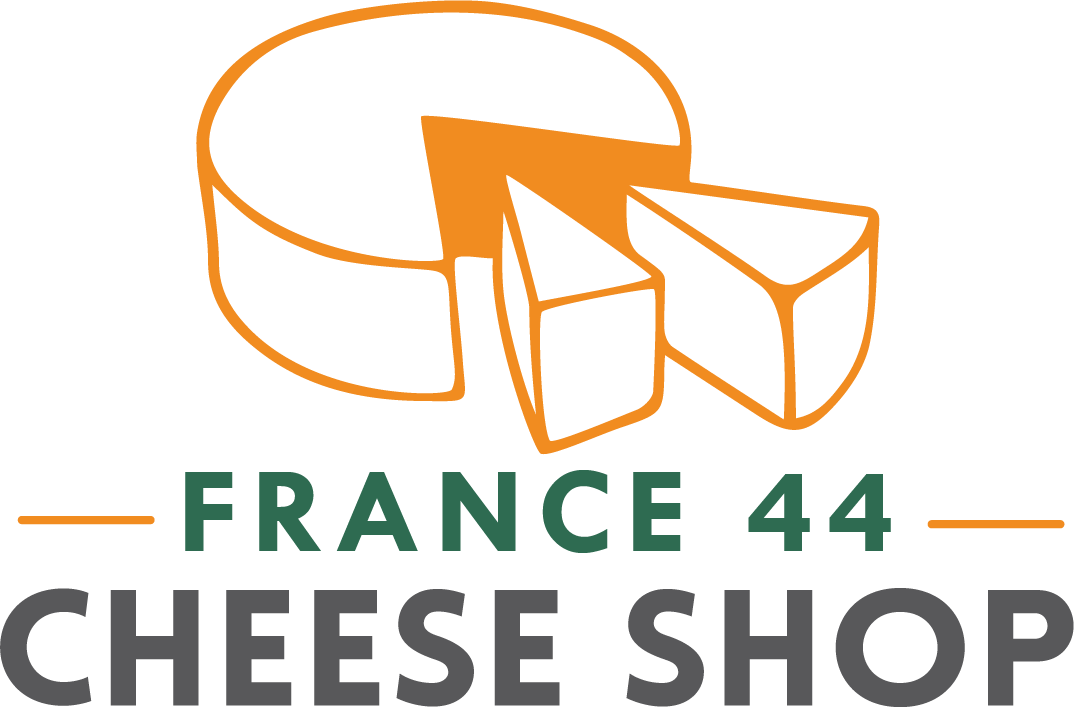by Austin Coe Butler
Cheesemongers sometimes speak of the “Trinity” when helping customers put together an assortment of cheeses. By this we mean selecting one cheese made from cow’s milk, one from goat’s milk, and one from sheep’s milk. While we are busy celebrating the arrival of the seasonal Comté Sagesse (cow’s milk) and Brabander Reserve goat milk gouda, there is a cheese equally worthy of celebration to complete this seasonal Trinity: Verano, the flag-ship cheese from Vermont Shepherd.
Vermont Shepherd (formerly Major Farm) is located outside of Westminster West, Vermont, not far from the Connecticut River. David Major bought the farm from his parents in the 1990s and started producing, by all accounts, terrible sheep’s milk cheeses. Making sheep’s milk cheeses is not a tradition in the United States for a number of historical, cultural, and culinary reasons. Sheep have never taken hold here as a farm animal the way cows or even goats more recently have. (This lack of tradition is also why Vermont Shepherd, despite being founded in the 90s, is the oldest sheep dairy in the United States.) The Majors decided to apprentice with shepherds and cheesemakers in the French Pyrenees, and it was this formative period that inspired and informed the creation of Verano. Verano, as its name implies, is only made in the summer months when the ewes are lambing and grazing on fresh pasture. This raw sheep’s milk cheese is cooked and then pressed roughly into colander shaped molds (giving it its distinct UFO shape) before being brined for several days. The young wheels of cheese are then transported to the Majors’ own bespoke cheese caves where they will age for three to five months.
While the United States doesn’t have a strong sheep’s milk tradition, you would never know it from eating Verano; the tomme has that beautiful rustic flavor evocative of ancient sheep’s milk cheese like Pecorino Toscano, Manchego, and Ossau-Iraty. It is well balanced with savory, nutty flavors and a sweetness reminiscent of summer’s red fruit with an aroma of grass and toasted rice, though some wheels can burst with the spice of mint or wild thyme. The texture is dense and surprisingly supple and smooth for a sheep’s milk cheese, which can often be granular. For this alone, Verano could be called one of the best cheeses in the country. Verano is excellent with the pears and apples that are in season at the moment, and maybe a drop of (the staff’s favorite) olivewood balsamic vinegar. It is also an excellent melter and culinary cheese (I used it as a substitute for Berkswell in this recipe from Neal’s Yard Dairy by Anna Tobias for a pea, ham, and Berkswell lasagna that is sure to get you through this cold week.) [link https://www.nealsyarddairy.co.uk/blogs/news/pea-ham-berkswell-lasagne-by-anna-tobias] This holiday season, when you’re looking for something to close out the Trinity on your holiday cheeseboard, try Verano.
